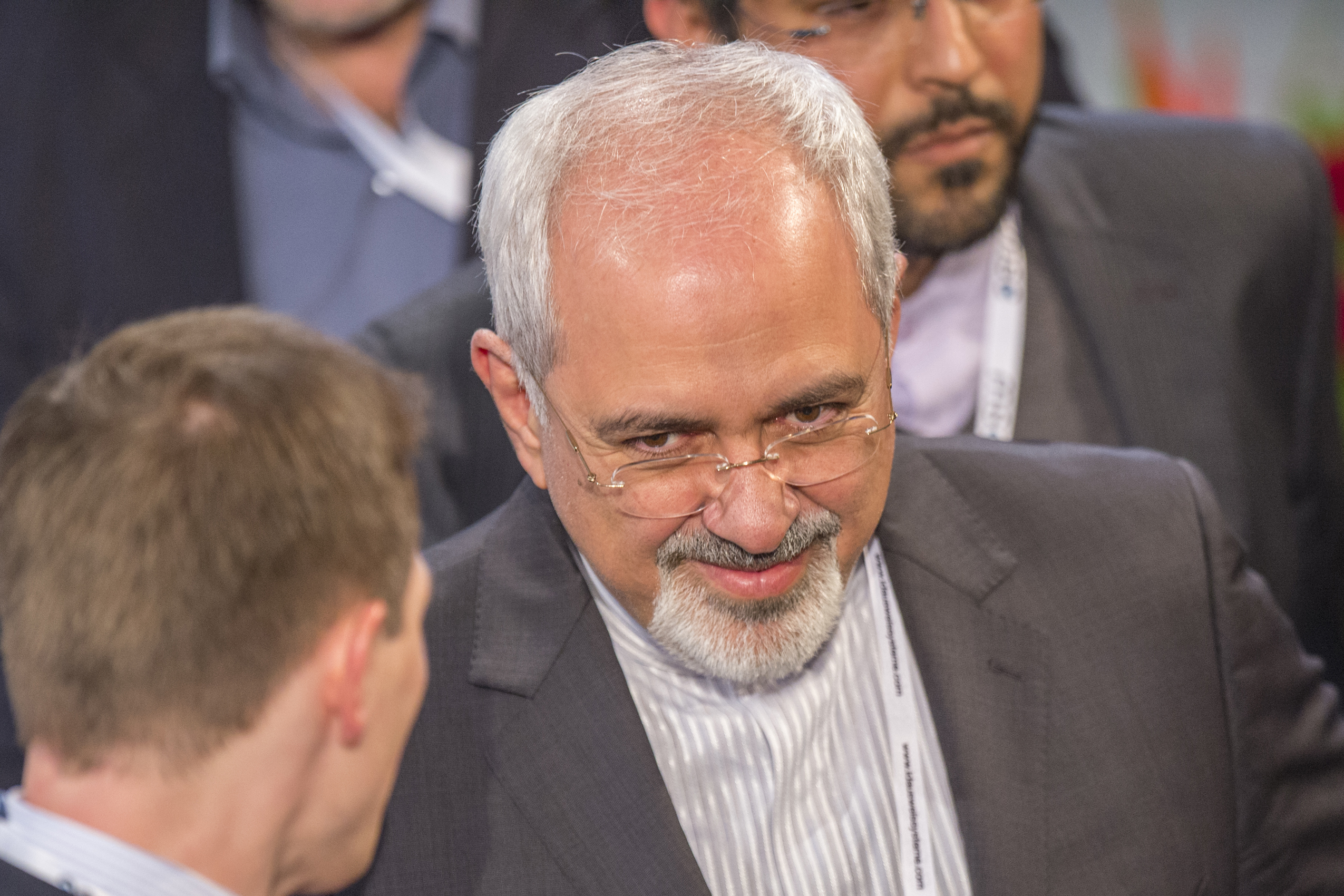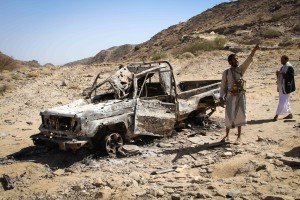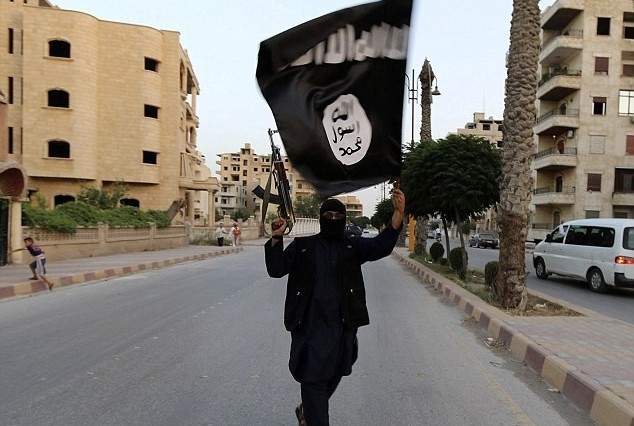by Peter Jenkins
Bloomberg View columnist Eli Lake starts an attack on the trustworthiness of Iran’s Foreign Minister, Mohamed Javad Zarif, with the words: “Now is the time to praise Javad Zarif.”
Well, now is also the time to praise Lake—for the subtlety and cunning of his attack. Not for him the crude bombast of so many opponents of a nuclear agreement with Iran. His article shows that he is a master of insinuation and innuendo. In offering seemingly to praise Zarif, he comes instead to bury him.
In the process he takes as many liberties with the truth as the crudest of bombasts. He must have taken lessons at the feet of Israel’s Prime Minister. Here are some of those liberties.
“The Islamic revolutionaries make war and build nuclear weapons, while the diplomats can say they are seeking peace.”
The US National Intelligence Estimate since late 2007, based in hard intelligence, has been that Iran halted a nuclear weapon research program in 2003. There is no evidence whatsoever that Iran is building nuclear weapons. If there were evidence, the current nuclear negotiations would not be taking place.
Nor is Iran currently at war with any state. In Iraq, a small Iranian force is helping to contain and roll back the terrorist group known as the Islamic State (ISIS or IS). In Syria, Iranian advisers have been helping a friendly government to contain opposition forces that include a large contingent of al-Qaeda-affiliated and Saudi-backed jihadis. In the Yemen there is as yet little evidence of more than moral support for the Houthi tribesmen, who have scared a Saudi-imposed head of state into taking refuge in Riyadh.
“Earlier this month, [Mr Zarif] told NBC’s Ann Curry that Iran—throughout its history—has been a savior of the Jewish people. This would seem more credible if Iran’s supreme leader, Ayatollah Ali Khamenei, wasn’t tweeting out his fervent wish to see the world’s only Jewish state destroyed.”
Iran’s quarrel is with the exclusivity of the Israeli state, not with the Jewish people. Iran seeks the elimination of discrimination against and ill treatment of the indigenous inhabitants of Palestine. It does not seek any form of “final solution.”
“[In 2003] Iran admitted to having hid a secret uranium enrichment facility in Natanz.”
In early 2003, Iran formally declared the Natanz facility to the International Atomic Energy Agency (IAEA). Iran was under no obligation to declare Natanz any earlier. The facility has since been subject to intrusive IAEA inspections. The IAEA has never accused Iran of originally intending the facility to be secret.
“[Iran] still won’t allow IAEA inspectors access to any military installations.”
Iran allowed access to military installations when it was applying the IAEA’s Additional Protocol (2004-05). We can be sure that re-application of the protocol subsequent to a nuclear agreement will entail renewed access to military installations.
“Between 2008 and 2012, the United Nations Security Council passed five resolutions sanctioning Tehran for violating the nuclear non-proliferation treaty by operating centrifuges at facilities it had not bothered to tell the IAEA about.”
Only one Iranian centrifuge facility has not been declared to the IAEA before centrifuges started spinning. This was a very small uranium enrichment research facility in the suburbs of Tehran, so small that it could never have been used to produce a significant quantity of weapon-grade uranium (and never was). It was closed in 2003.
“[Iran’s 2003 offer to provide assurances that its nuclear program was peaceful] was not a serious piece of diplomacy, and was not made through the channels by which the Bush administration communicated with Iran.”
The offer was communicated through the Swiss embassy in Tehran, which the US had formally designated as a substitute for a US embassy there. The offer envisaged a resolution of US concerns that has much in common with the agreement emerging in Lausanne. It was the absence of any suggestion of Iranian readiness to abandon enrichment that caused the rejection of the offer (not to mention administration dreams of using Iran’s recently uncovered IAEA non-compliance as a pretext to invade and impose regime change).
I suspect that Zarif would admire Lake’s subtlety as he himself has a very subtle mind. He would be less impressed, though, by Lake’s indifference to truth. Zarif knows that credibility is a prize asset for any diplomat, and sloppiness when it comes to the facts is fatal to credibility.






Very weak defense of an obviously criminal regime. You’re right Peter, the Iranians have nothing to hide, yet hide everything from the IAEA including Fordow. And yes I’m sure that undeclared uranium enrichment sites burrowed deep underground and/or in mountains are simply for “research.” And a regime that has no interest in building bomb somehow can’t seem to make an agreement in years, or open themselves up. Right. Your argument(s) strain credulity, I’m sorry to say.
Interesting post, as they start coming out of the woodwork, all those naysayers. After all, they have to show something for all the money they receive for one sidedness.
Why? Israel refuses to sign the Nuclear Non-Proliferation Treaty. The chosen people?
The naysayers and the war mongers have been at it for 35 years! It won’t work any longer and the pundits should tell the truth about all sides! At least Iran is a signature of the NPT agreement and has purchased the technology from the Russians with IAEA knowledge. Iran hasn’t stolen the technology from any country or a friendly country! Additionally Iran isn’t going to make a bomb in secret! If they are compelled to go that far to deter any external threat, which has been announced constantly for the last 35 years, they would happily let everybody know by testing it!!
The point here is that Eli Lake has trotted out some of the untruths that Peter Jenkins has already refuted many times previously but done so politely and concluded with an elegant rebuke which is merited.